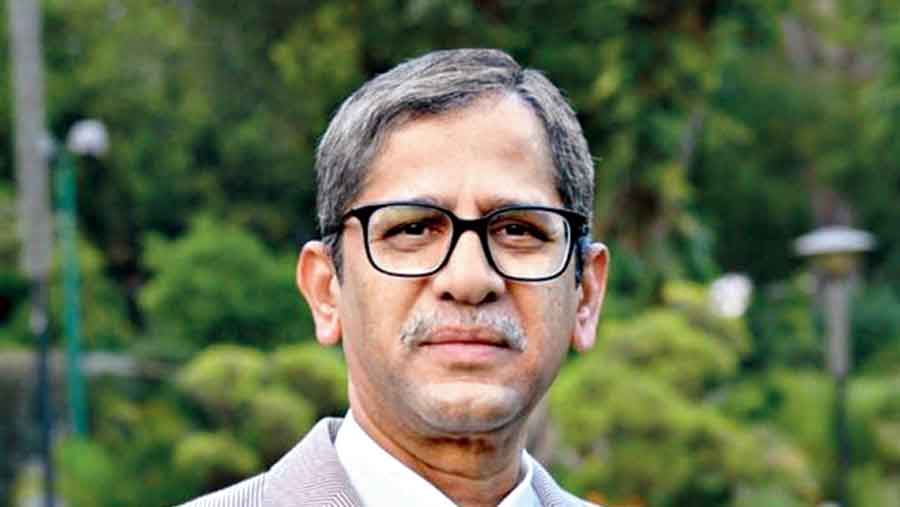Democracy is best driven by the young. This idea seemed to inform the speech that the Chief Justice of India, N.V. Ramana, delivered at the eighth convocation organized by the National Law University, Delhi. The CJI reportedly deplored the scarcity of outstanding student leaders in the past few decades, which had adversely affected democracy. Young people were the guardians of freedom, equality, justice and social equilibrium. It was important that upright and educated young men and women should engage with society with their streamlined vision and youthful power. Only then would basic issues such as education, food, clothing, health and shelter become central to the democratic discourse. Particular stress was laid on education, suggesting that those educated in this huge country have a special privilege and, therefore, a special responsibility towards society and the burgeoning of the democracy envisioned in the Constitution. The CJI mentioned two conditions for the detachment of students from social causes. One was liberalization. Students were then increasingly sent to exclusive residential institutions with lucrative jobs as the goal. The other was the shift in educational orientation — away from the humanities and natural sciences. For the CJI, to be educated did not mean to be aloof from society but responsive, to be able to fight passionately for causes that would lead to a just society. Allowing narrow and partisan issues to dominate the nation’s thought process would hurt democracy.
Although the CJI reportedly did not expatiate too much on how democracy had been adversely affected, the idea was the implicit premise of the speech. That seemed to make it resonate beyond the indisputable conditions he did remark upon. Even though the campus remains a verdant turf for the recruitment of students to politics — the Right has now encroached upon a space that was once a monopoly of the Left — there is a peculiar circularity in the situation. Student leaders who become audible and visible — fighting for different causes and championing points of view different from those of the ruling dispensation — have been arrested and jailed too often in recent years. While the post-liberalization era may turn students away from social engagement, the political regime appears to ensure that protest and dissent, sometimes even debate and peaceful meetings, are discouraged by campus authorities. A young and vibrant democracy begins with questions, doubts, criticism, expressed opinions and the freedom to explore the paths of learning. The tendency to silence dissent weakens this at the very root.











